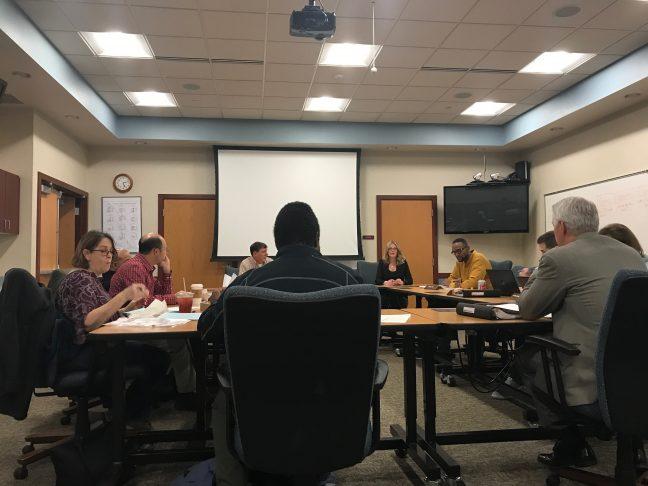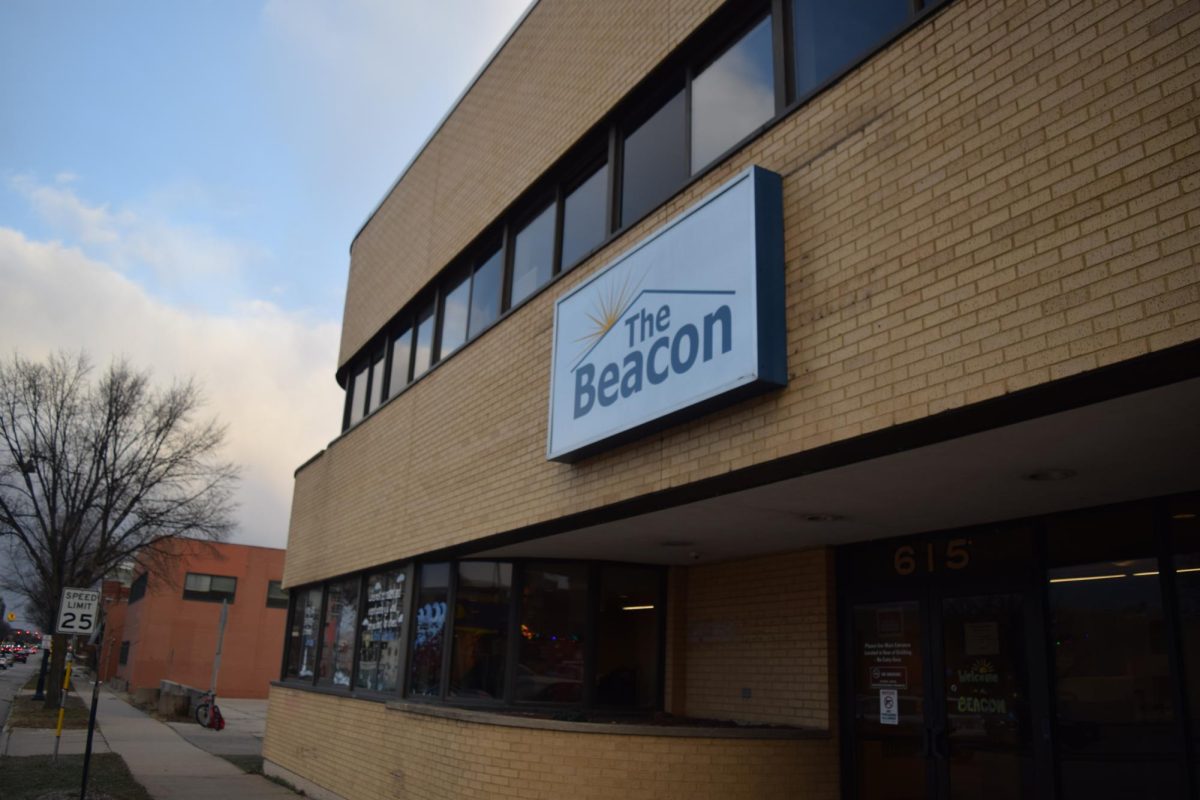The Community Development Block Grant committee met Thursday to discuss the allocation of up to $769,869 to help address homelessness in Madison.
The funds would help nine nonprofit agencies, including Porchlight, Salvation Army of Dane County and Legal Action of Wisconsin. The money will help in three priority areas — preventing homelessness, supporting people experiencing homelessness and ending homelessness.
The committee’s grants administrator Linette Rhodes said these are new programs that will fill critical gaps.
Though the program was supported by community members at the meeting, some hoped it would possible to increase the funds allocated.
Affordable Housing Action Alliance member Janie Prebe wondered if there would be any way to increase funding for eviction prevention because people who have been evicted in Madison have “suffered terribly.”
“There are no winners when people are evicted,” Prebe said. “Landlords lose, if police get involved their time is lost and people who are evicted suffer.”
New homeless center hopes to provide homeless community with ‘one-stop shop’
Ald. Maurice Cheeks, District 10, asked what it would take to double the money for certain initiatives and nonprofits.
In response to Cheeks, Ald. Matthew Phair, District 20, said it would be difficult to increase money for some nonprofits and not for others because there would be no clear explanation as to why some organizations are getting increased funds over others.
When it comes to how the funds are distributed, Jim O’Keefe, director at the Community Development Office, said the proposed allocation of funds isn’t the only way to spend the money, but it’s a good way.
O’Keefe also pointed out the funds discussed are in addition to the money in the city budget to fund rental support services, support the Beacon and other measures to combat homelessness in Madison.
Rhodes also gave an update on the committee’s “Day Jobs report,” which looked at initiatives implemented in four cities around the country where local nonprofits drive to areas frequented by panhandlers and homeless individuals and offer them a job for four times a week.
If this were to be introduced in downtown Madison, Rhodes said it would target single homeless individuals, and it would be beneficial to partner with downtown businesses. Rhodes said the City Council responded to this by saying resources for homeless individuals should increase first before this should be discussed for implementation.
“We are stressing that we’re looking for services that help people with multiple barriers to employment,” O’Keefe said.
The committee’s next meeting will be Dec. 7.













